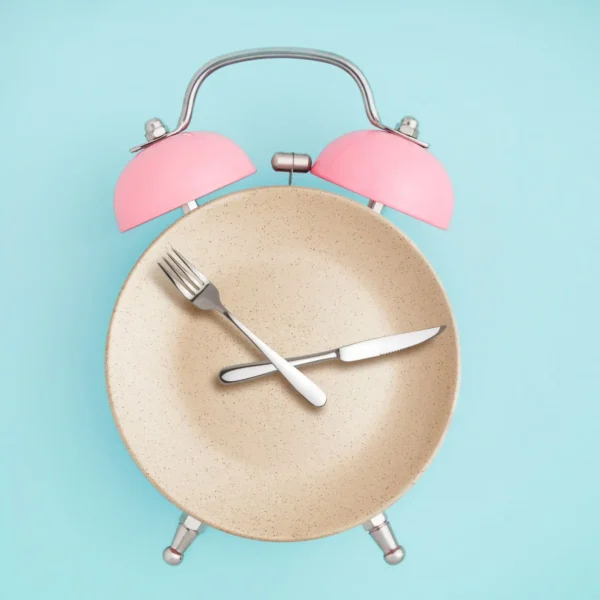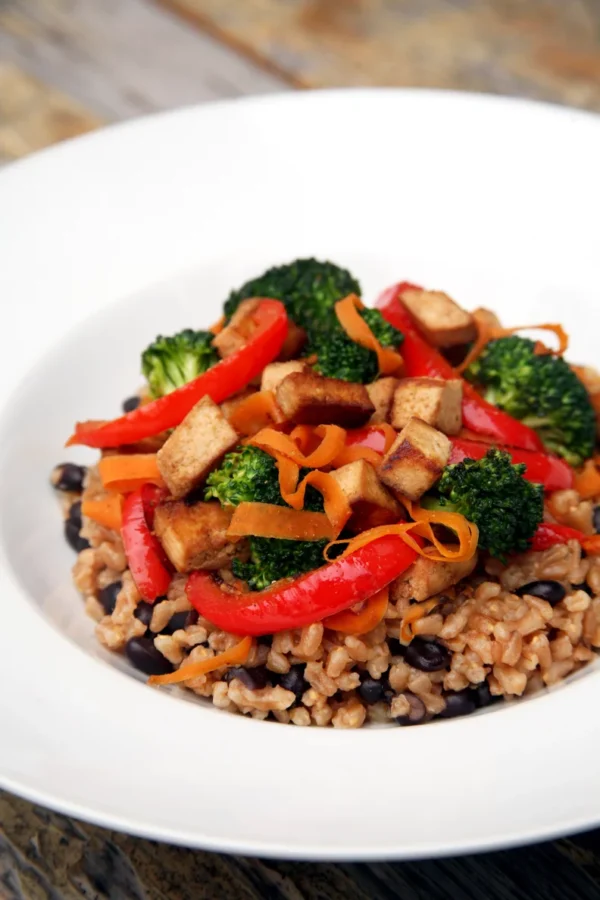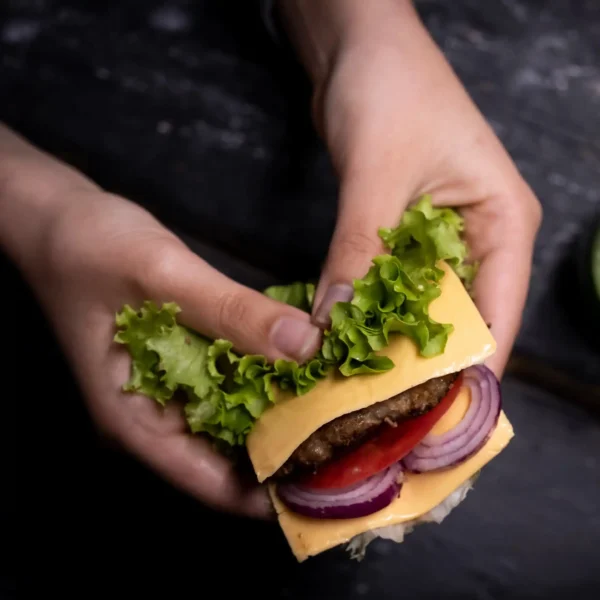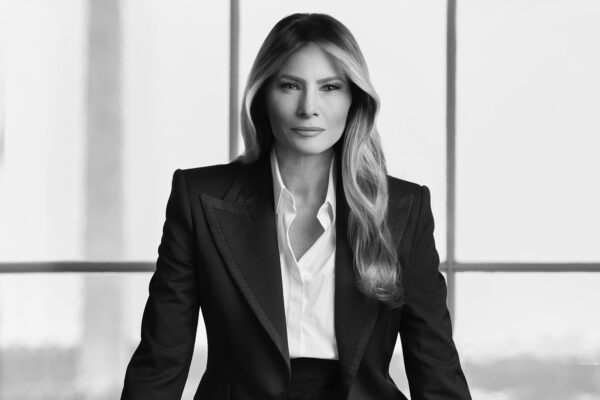
The Hair-Food Connection: How Popular Diets Could Impact Your Locks

The new year often inspires us to make positive and long-lasting changes, typically including our diet and eating habits.
Key goals of embarking on a new diet can include losing weight, boosting energy and improving overall health, but have you ever stopped to think about how major dietary changes could affect your hair?
Believe it or not, your locks are sensitive to what you eat and how you eat. A recent study showed that intermittent fasting, a popular diet that sees people fast for a set number of hours and then eat during a specific period each day, can reduce hair growth by slowing follicle regeneration.
Google searches for intermittent fasting average over one million per month, seeing a 29 per cent increase in January amidst the annual ‘New Year, New Me’ trend, and similar diets could leave your strands needing extra TLC.
So, how can different diets affect your mane?
#1 Intermittent fasting

This diet has gained a lot of buzz for its health benefits, namely weight loss and improved metabolism, but this method is not without its pitfalls.
Extended fasting periods can sometimes cause nutrient deficiencies due to eating over a shorter period. Hair follicles need a consistent supply of nutrients to grow, but a lack of key nutrients like iron, zinc and biotin caused by inadequate calorie consumption can weaken hair strands to cause breakage and thinning.
If you fast intermittently or intend to start, prioritise eating nutrient-dense meals that include iron-rich foods like spinach and lentils, biotin-packed options like eggs and zinc-filled nuts and seeds which will provide the necessary nourishment for luscious locks.
#2 Vegan

A popular diet to follow for ‘Veganuary,’ veganism is a plant-based approach to eating that requires followers to avoid using or consuming animal-based produce.
However, cutting out key animal products from your diet can cause deficiencies in key nutrients like iron and vitamin B12 which are essential for your body and for strong and shiny hair.
Not eating enough protein can cause your natural hair growth cycle to slow down and may leave it looking dull and thin as a lack of protein may weaken hair strand structure.
For a vegan diet, swap traditional animal protein sources for suitable options like chickpeas, tofu and quinoa.
You can prevent other deficiencies with supplements or plant-based alternatives.
#3 Vegetarian
Vegetarians have more flexibility with their diet than vegans as they can consume eggs and dairy which are key sources of protein, vitamin B12 and calcium.
Their exclusion of meat can leave them more susceptible to iron and zinc deficiencies which can lead to brittle strands and even hair loss over time.
Vegetarians who don’t eat enough protein-rich foods might struggle to provide their hair with enough nutrients to help locks grow. To combat this, they can stock up on iron-rich veggie foods like lentils, beans and dark leafy greens.
These can be paired with vitamin C-rich foods like oranges and bell peppers to improve iron levels, and eggs should be a staple in your diet for biotin and protein to keep locks healthy.
#4 Keto

Keto diets focus on high fat but low carb consumption with millions of devoted followers but making a drastic cut of carbs in your diet can lead to hair woes.
Carbohydrates provide your body with energy and sudden restriction could trigger temporary shedding while your body adjusts.
Keto-friendly foods like salmon, avocado and nuts are rich in omega-3s, protein and healthy fats which will help to counterbalance any potential hair fallout.
Which foods will keep your hair healthy?
Maintaining a well-balanced diet containing plenty of fruits, vegetables, dairy, meat and carbohydrates is the best way to keep your hair healthy.
For those that can, eating plenty of fish is a great way to consume healthy fats and oils like omegas 3’s, 6’s and 9s to boost hair growth and follicle health. Eggs are critical for hair as a natural source of biotin which acts as a natural building block for strong hair follicles – plus, they’re rich in vitamins A and E.
To cater to most diets, spinach and sweet potato are great foods for iron, vitamins A and C and beta-carotene. These all help to promote scalp circulation and health and reduce dryness.
Berries are rich in antioxidants that protect hair follicles and promote collagen production for healthy strands, while beans can offer a great source of protein and iron.
Written by Nicole Petty, Hair Expert at Milk & Blush












































